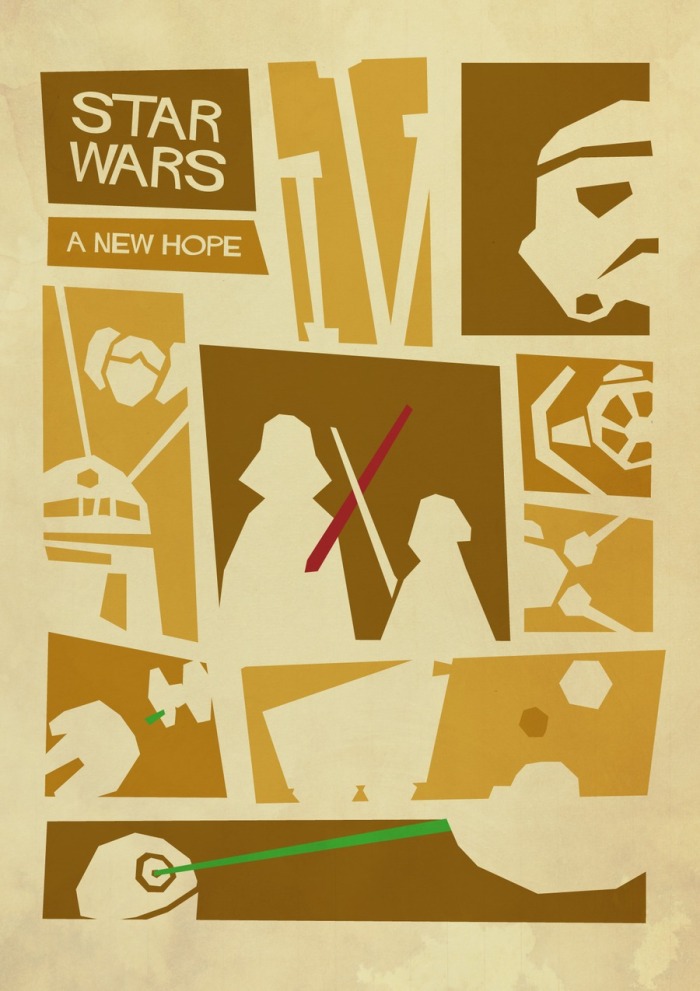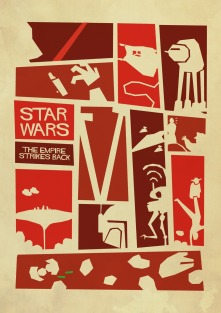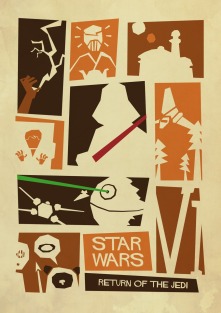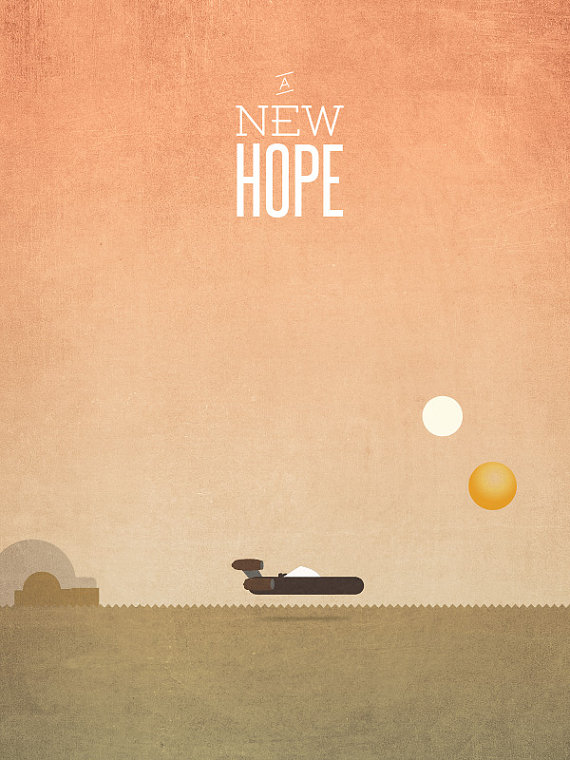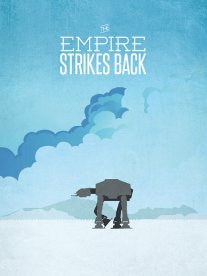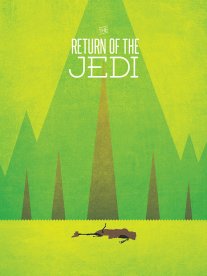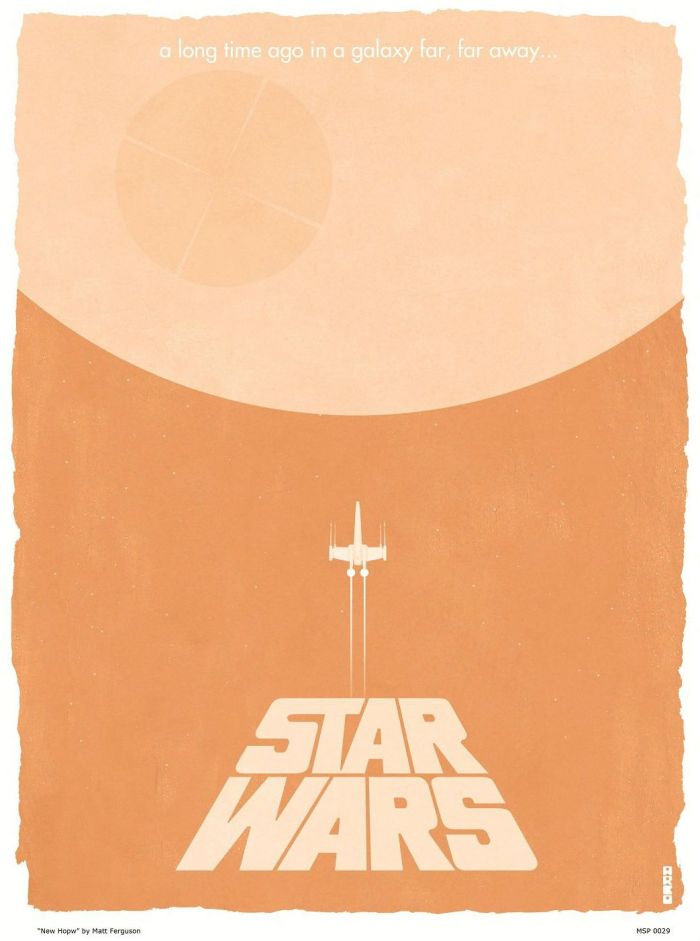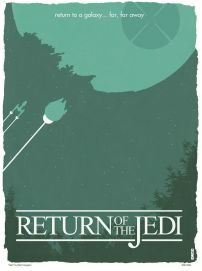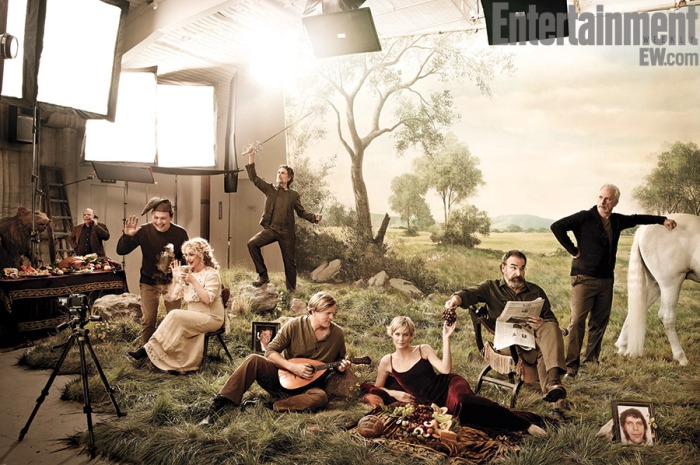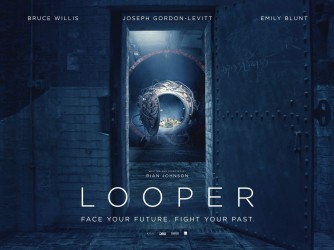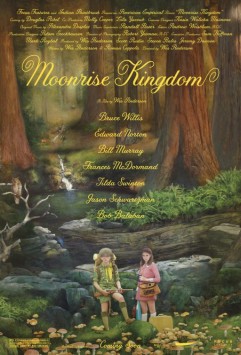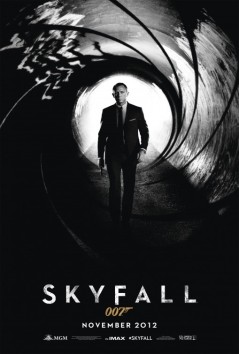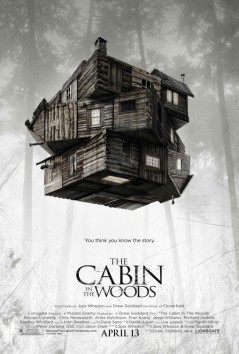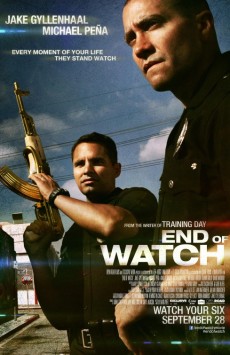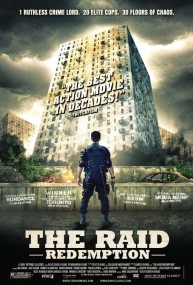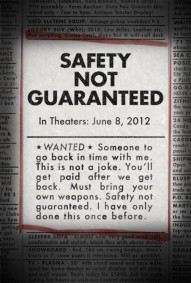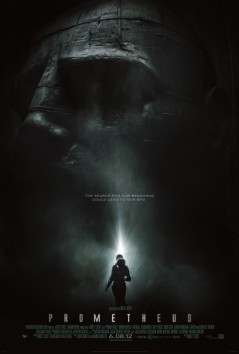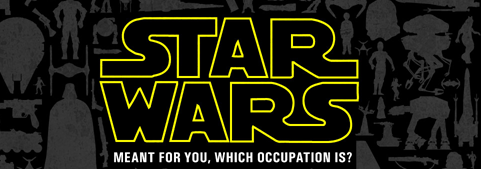via eltentacle
Faith and Flourishing
“Faith is not an addendum to our existence, a theological virtue, one among others. The faith to which we are called is the fundamental energizer of our lives. Authentic faith transforms us; it leads us to sell all and follow the Lord. The idea is not, once again, that everything in the life of the believer is different. The idea is rather that no dimension of life is closed off to the transforming power of the Spirit — since no dimension of life is closed off to the ravages of sin. But faith, in turn, is only one component in God’s program of redemption. The scope of divine redemption is not just the saving of lost souls but the renewal of life — and more even than that: the renewal of all creation. Redemption is for flourishing.”
– Nicolas Wolterstoff
Not Another Sphere
“But even in this present life, there is danger in the very concept of religion. It carries the suggestion that this is one more department of life, an extra department added to the economic, the social, the intellectual, the recreational, and all the rest. But that whose claims are infinite can have no standing as a department. Either it is an illusion or else our whole life falls under it. We have no non-religious activities; only religious and irreligious.”
–C. S. Lewis, Letter to Malcolm Chiefly on Prayer
Star Wars Minimalist Posters
Where Philosophy is Irrelevant
“Philosophy might present itself as the proper avenue to acknowledgment of God’s authority, but this avenue is, in the end, superfluous at best. A God who needs philosophy as the avenue to reach us will fail to reach most of us (relatively few of us humans are philosophers, after all) and will not reach us where we need to be reached, namely, at a level much deeper than our philosophical thinking. We need to be reached at the level of what we love, the level of our will; this level is untouched by typical philosophical thinking. We can, of course, raise philosophical questions about love, but philosophy itself does not yield the needed Giver of love commands who descends into history to redeem us from our harmful ways. Such a Giver comes to us only by grace, by a gift unearned even by intellectual means. This is the dominant message, the good news, of the God of Abraham, Isaac, Jacob, and Jesus in the Jewish-Christian scriptures.”
– Paul K Moser, Jesus and Philosophy: On The Questions We Ask (Faith and Philosophy Vol. 22 No. 3 July 2005)
20 Years Later
The Princess Bride cast reunion photo via EW.
Not an Enemy, But a Friend
“It almost goes without saying that we all crave perfect love. We want the love of a mother, the love a father, the love of a friend, the love of a spouse, the love of someone. We want an enduring and unconditional love. Even the worst criminal locked up in prison longs for someone to love him. Have you ever thought about why? If the origin of the universe is an accident, and if through time and chance human beings are who they are, why do all people want to be loved? Further, we might also ask why all human love is ultimately disappointing. No spouse loves us exactly like we want. Too often family love erupts into friction and conflict. Friends fail us. We desperately want someone to love us perfectly. This is why loneliness is so painful. I have spoken often to my church and others about my struggles with loneliness through years of singleness (not that those two always go together, they just seem to for me). There is a palatable ache within that can wash over you like waves of despair. I could analyze it. I could philosophize about it. I could even teach on it. But I could not overcome it. Then I began to look at the pain from the perspective of beauty and to consider why I felt the way I did. I came to discover that loneliness was not an enemy but a friend. It is a painful reminder that I was not made for myself. I was made for Him, and the pain is God’s way of saying, “Here I am!” Loneliness has become a guide and a friend in my spiritual journey. When I feel lonely, I am feeling theology inside. All the pleasures, desires, and loves in this world will not take that pain away. We desperately want someone to love us perfectly, yet no one does. But when we wake up to the fact that no relationship can fully satisfy, we realize that we are lonely for God.”
–Steve DeWitt, Eyes Wide Open: Enjoying God in Everything.
My Top Ten Films of 2012
In a year I’ll probably remember more for its crushing cinematic disappointments (DKR, The Bourne Legacy, Total Recall, Prometheus), there were still enough good films to make picking ten of the best a difficult challenge. Here’s how I narrowed down the field:
1. Looper
One of the best scifi films since Moon and probably one of the best films to play with the time-travel mechanic since 12 Monkeys. What made Looper really great, however, was that it wasn’t defined by either of these things. At its core, it was a human drama concerned with questions about cycles of violence and whether humans act primarily out of selfishness or selflessness. With nods to Witness and The Terminator, Johnson offered an experience that was unpredictable, slick, and deftly thrilling.
2. Moonrise Kingdom
Whimsical and quirky, Moonrise Kingdom was everything we’ve come to expect from Anderson but done better. A poetic meditation on the value of community, first love, and escapism – sweetly accompanied by Alexandre Desplat’s always-fine soundscape.
3. Skyfall
With gorgeous cinematography and a deliciously grotesque villain, Skyfall properly erased the bitter taste of Forster’s Quantum of Solace. Yep, it had third-act problems, but flaws aside, Sam Mendes successfully modernized the Bond franchise with a minimalist take on the fifty-year-old icon.
4. Cabin in the Woods
Joss Whedon’s ‘other’ film of the year was actually his better one. Cabin in the Woods was not just a fantastic deconstruction of the horror genre but also a frightening and hilarious thrill ride.
5. End of Watch
Short on plot and any fidelity to its reality-cam conceit, charismatic turns by Jake Gyllenhaal and Michael Peña nonetheless made this a gripping police procedural with a brutal climax.
6. The Avengers
With the build-up of three (four?) films and the weight of fanboy expectations that might have rivalled those of Dark Knight followers, Whedon had a lot to deliver on. He did exactly that. And more. The film was an immensely satisfying comic-book translation with the right amount of laughs and gasps.
7. The Raid: Redemption
Easily, the year’s best action vehicle. With a simple premise (arrest and extract a crime lord from a fifteen-story apartment block) and a bare-bones plot, The Raid is a heat-seeking missile of insane choreography and visceral, extravagant stunts.
8. Safety Not Guaranteed
A funny and sweet comedy about time travel that didn’t overplay its oddball charm. Kept me guessing right to the end.
9. Prometheus
A film that generated more intelligent discussion than it itself contained, Prometheus was a mess of ideas and plotting. Still, the scale and visual impact were reasons alone to see it.
10.The Dark Knight Rises
Even though its execution couldn’t match the lofty ambitions, at least it still had Batman doing Batman stuff in it (barely).
I should say, Django Unchained and Zero Dark Thirty probably would have made my top ten a tougher challenge, but both films don’t come out till January here in NZ.
Which Star Wars Profession Best Fits You
Just in case you were wondering, here’s a helpful flowchart. Continue reading “Which Star Wars Profession Best Fits You”
Don Carson Series on Building the Church
These talks were recently given by Carson at the Yorkshire Evangelical Ministry Assembly:
1. Leaders and Pastors which build a Church 1 Timothy 3:1-7
2. What is the Church? Ephesians 5:21-31
3. Q & A (News from the Yorkshire Gospel Partnership)
4. Building the Church 2 Timothy 3:1 – 4:8
5. Believing and belonging – avoiding church dating – the glorious priviledge
(HT: Monergism)

